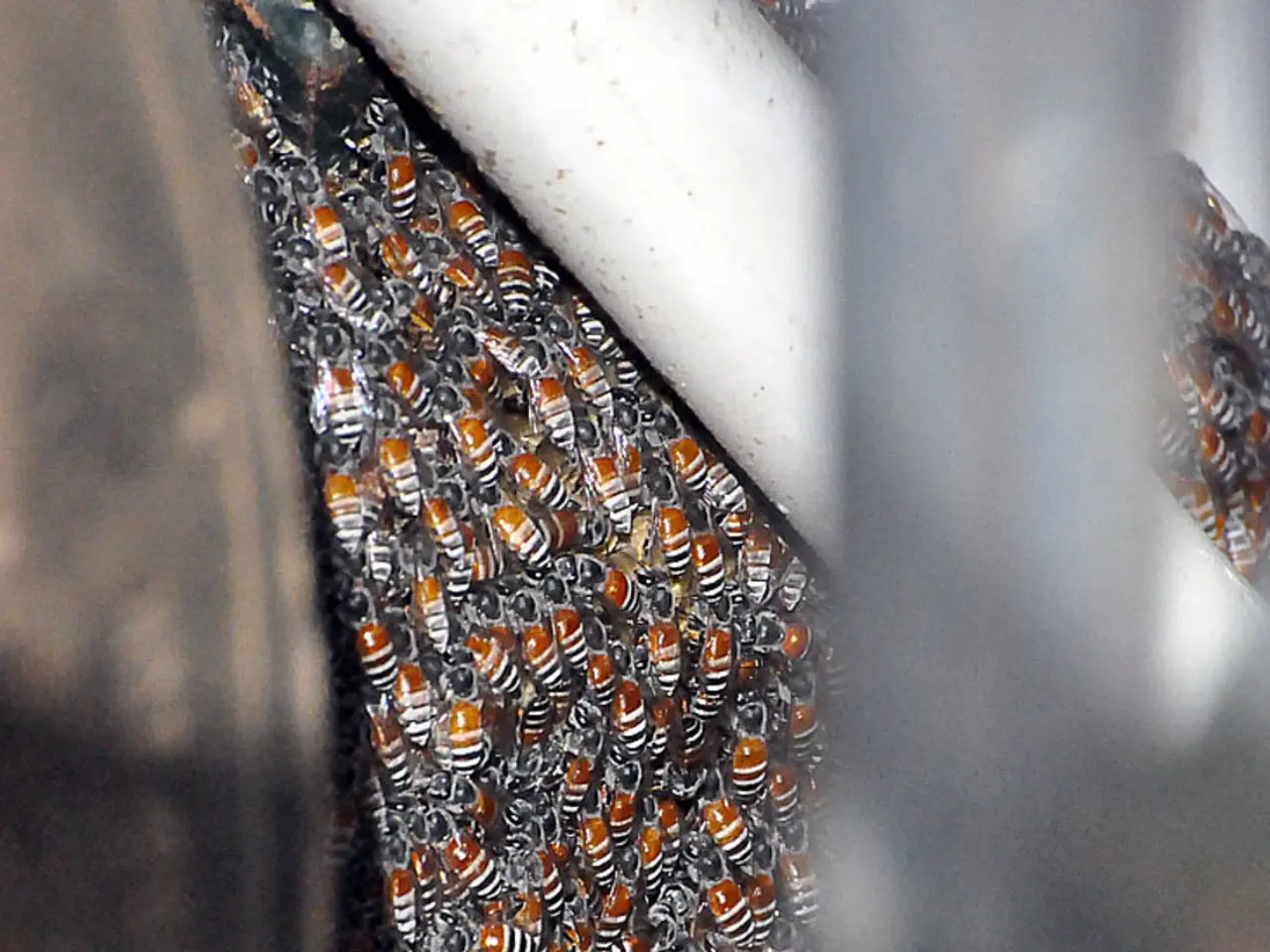Consumers Urged by Beekeepers: Support Our Industry
The European Beekeeping Association, representing approximately 300,000 beekeepers from 19 European countries, is urging European decision-makers to protect European beekeepers, farmers, and consumers from adulterated food, particularly honey.
The issue of adulterated honey in Europe is significant, with recent EU investigations finding that around 46% of honey tested upon entry into the EU was flagged as potentially adulterated, a sharp increase from previous years. This alarming statistic highlights the need for action.
Honey is one of the most commonly adulterated foods, with testing agencies estimating that globally up to 25% of honey sold is adulterated. Common adulteration methods now include the addition of syrups made from rice, wheat, or sugar beet rather than traditional maize starch or sugarcane syrups.
To combat this issue, the European Beekeeping Association and other EU bodies are working to improve testing methods, regulatory frameworks, and public awareness. For example, a single European regulatory act defines honey strictly as a product created by bees without additives or dilution—any such adulteration means the product cannot legally be called honey.
Detection often requires specialized laboratory analysis due to the high level of sophistication in counterfeit honey production. To find more detailed, authoritative information about adulterated honey and efforts to combat it, you can consult EU publications and reports on food fraud and honey authenticity, follow announcements and publications by the European Beekeeping Association, or look for reports by national food safety services.
The presence of bees and other pollinators is necessary for the production of European food. The collapse of beekeepers in Europe means the collapse of bees and consequently the end of the pollination service of bees, which is crucial for food production in Europe. Unfair competition from fake bee products poses a risk to the entire European beekeeping industry.
Boštjan Noč, President of the European Beekeeping Association, is convinced that everyone wants and deserves real food. The Association will be contacting decision-makers in the European area to find a solution.
The European Union has newly elected leadership, and it is hoped that they will prioritize this issue to ensure food security in Europe, which relies heavily on bee pollination, with every third spoonful of food depending on it. A PDF version of the information is available for download on the European Beekeeping Association's website.
In the fight against food fraud, it is important to raise awareness about the adulteration of honey, a widely affected food product, which accounts for around 46% of honey tested upon entry into the EU and up to 25% globally. To combat this issue, the European Beekeeping Association, alongside other EU bodies, are working towards improving testing methods, regulatory frameworks, and public knowledge, focusing on the authenticity of honey. This includes the promotion of specialized laboratory analysis and consulting EU publications on food fraud and honey authenticity. Additionally, lifestyle choices advocating for health-and-wellness and overall well-being can support the European beekeeping industry by choosing honey known to be pure and produced by reputable sources, contributing to science-backed food security in Europe.




